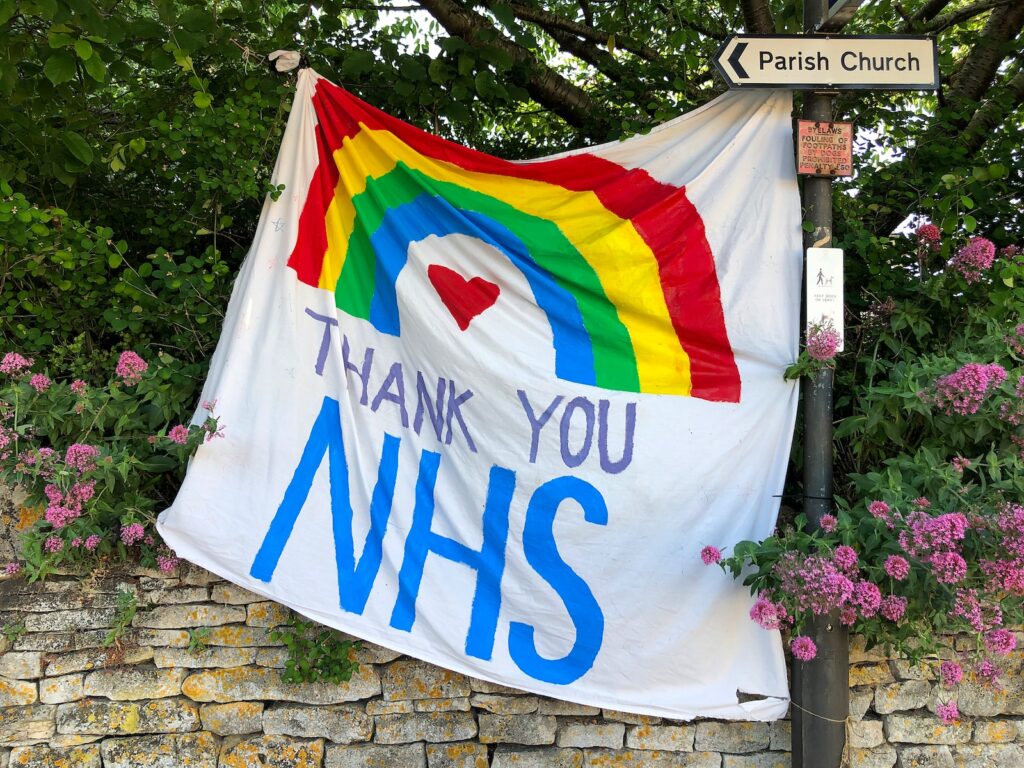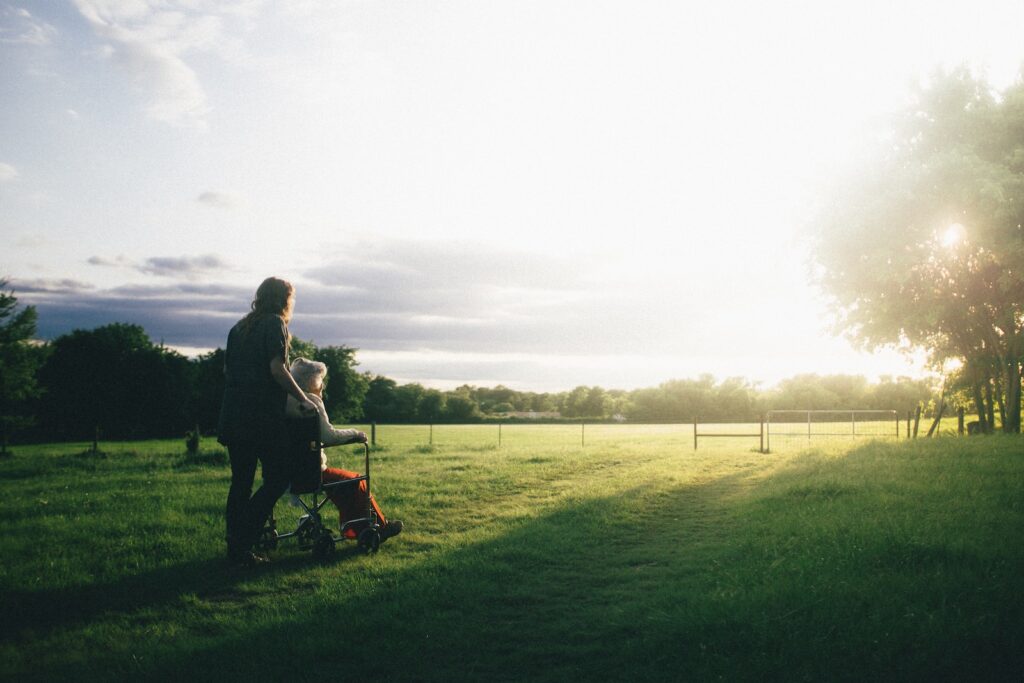rofessor of social policy, University of York and esearch fellow, University of York explain why homelessness urgently needs to become a thing of the past.
The terrifying reality of living rough is never more apparent than when someone is ill. There is no bed, there are no walls, there is little physical safety, or protection from the elements. And there is no personal space to control or keep clean.
People who work in the homeless sector have started to plan for how to manage the COVID-19 pandemic.
But this will prove difficult over the coming weeks and months as care and treatment may not always be accessible to those who are in need. Whether it’s people living rough, homeless families in overcrowded temporary accommodation, or people in shared temporary or emergency supported housing, many will probably find it impossible to self-isolate.
In this sense many homeless people are living in situations that will undermine rather than aid their recovery, as previous research shows. The European federation of homelessness organisations, FEANTSA, is highlighting the fact that staying home is not an option for homeless people.
Long term and repeatedly homeless people are also more likely to be in poor physical and mental health. Such underlying conditions can increase the risk from infections like seasonal flu – and now the unique dangers posed by the COVID-19.
Uneven care
Our new research involving the King’s Fund think tank finds that although there can be good access to healthcare for people who are homeless and sleeping rough, this isn’t always the case.
This confirms a pattern that researchers have seen for the past 25 years. In the nineties, for example, when the Centre for Housing Policy at the University of York first researched access to the NHS for people sleeping rough, we found great examples of specialist treatments and services being brought together into an easily accessible hub.
But we also found access was inconsistent. In areas without specialist services for homeless people, GP registration without an address was difficult.
We also found that the stigma around homelessness, and bad attitudes from some patients and some staff at GP surgeries, could work like a locked door. And some people sleeping rough expected to be refused treatment, so never approached services that would have actually helped them.
Our new research shows a similar situation now. Committed medical professionals and NHS commissioners have put great services in place. But this is not consistent, so the universal right to healthcare is not always in place for people sleeping rough.
To fix this, there needs to be specialist services for hard-to-reach homeless and rough-sleeping people. Think walk-in services and more outreach, where workers look for people who need help.
Homes and houses
But health risks associated with homelessness cannot be stopped unless homelessness itself is ended. Or better still, prevented wherever possible.
Countries like Finland have shown that it can be done. There, the government uses an integrated homelessness strategy, which quickly houses homeless people with complex needs, such as poor mental health and addiction.
This ensures their health needs are met and also means that long term and repeated homelessness can be ended.
Effective integrated responses to long term and repeat homelessness bring together the right mix of a suitable home along with coordinated packages of health, social care and practical support.
There are also a growing number of local areas in the UK using ideas like Housing First a housing and support approach that was first developed in the US.
Housing First is essentially about giving people who have experienced homelessness and chronic health and social care-needs a stable home from which to rebuild their lives.
Insecure lives
From an economic perspective, allowing homelessness to persist, particularly the long term and repeated homelessness that is so strongly associated with poor mental and physical health, is also expensive.
If someone is long term or repeatedly homeless, with complex needs, they need more emergency services, more support and far more intervention funded by the state than an ordinary citizen.
House that person and they tend to become much less expensive. Better yet, stop homelessness from occurring in the first place and the human and financial costs are even further reduced.
Right now, COVID-19 is acting like a magnifying glass, showing the deep inequity that characterises British society – whereby far too many citizens live precarious, insecure lives, with temporary job and housing arrangements.
The message could not be put more clearly, ‘homeless people cannot stay home’. It is more apparent than ever that homelessness urgently needs to become a thing of the past.
This article is republished from The Conversation under a Creative Commons license. Read the original article here.







